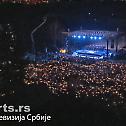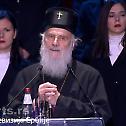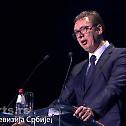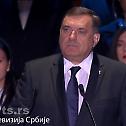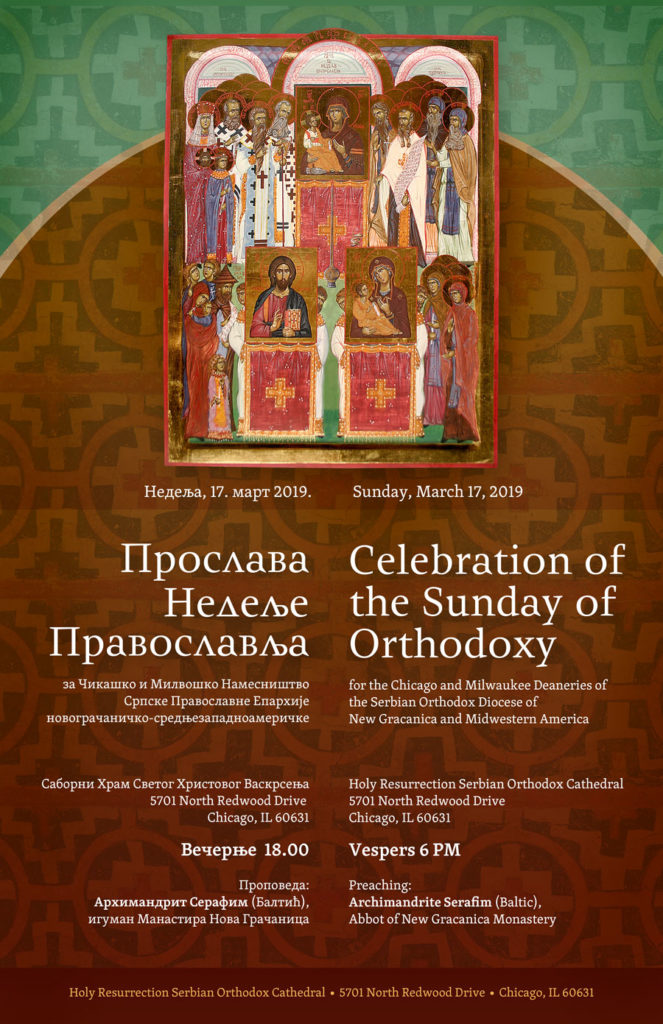Serbian Orthodox Church
Let’s hug our Fatherland! Our strength is only in unity!
25. March 2019 - 12:42Let’s hug our Fatherland! Our strength is only in unity, Patriarch Irinej said at the State observance of the NATO aggression
His Holiness the Serbian Patriarch Irinej spoke on March 24, 2019, in Nis at the beginning of the state ceremony marking the twentieth anniversary since the beginning of the NATO aggression upon Serbia.
Day of Remembrance of the victims of the NATO bombardment
24. March 2019 - 10:21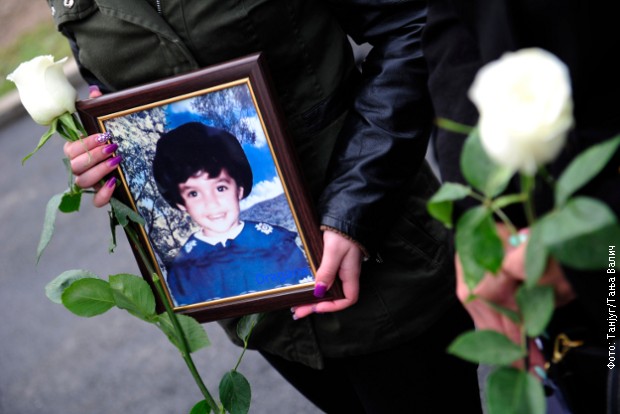 The state ceremony of marking the Day of Remembrance of the victims of the NATO bombardment this year will be held in Nis, the city of great suffering during the NATO aggression in 1999.
The state ceremony of marking the Day of Remembrance of the victims of the NATO bombardment this year will be held in Nis, the city of great suffering during the NATO aggression in 1999.
The memorial service to the suffered in the NATO aggression, which will be served by His Holiness Irinej, Serbian Patriarch will be attended by the whole state leadership headed by President of the Republic of Serbia Mr. Aleksandar Vucic as well as the highest representatives of the Republic of Srpska. The attacks of the NATO alliance which began pn 24 March 1999 lasted for 11 weeks and during them, according to estimates of different sources, between 1200 and 2500 died, while infrastructure, businesses, schools, medical institutions, media outlets, religious buildings, and cultural monuments were damaged.
The Position of the Serbian Orthodox Church on the Church Crisis in Ukraine
17. March 2019 - 9:36The Position of the Serbian Orthodox Church on the Church Crisis in Ukraine
Last November the Serbian Orthodox Church was the first among the autocephalous churches to officially react at the highest level, (i.e. the Holy Assembly of Bishops) to the intentions of His Holiness the Patriarch of Constantinople who, according to his own findings and in a self-willed manner wanted to “decide” and “resolve” the church problems in Ukraine as the “first without equals” (primus sine paribus) - and not as the “first among equals” (primus inter pares) which is, in fact, the centuries-old Orthodox ecclesiological and canonical principle - and we pleaded with him not to do so, but rather that he, in fraternal dialogue with the Russian Orthodox Church and in consultation with the other Churches, actually help to resolve this crisis.

